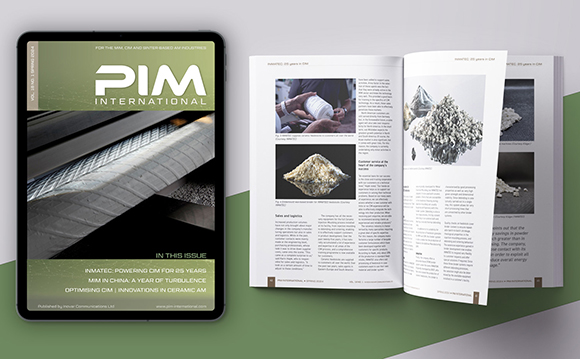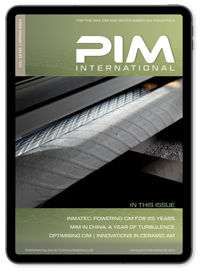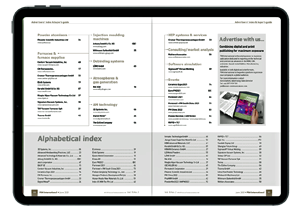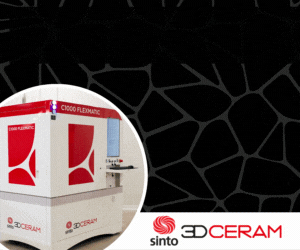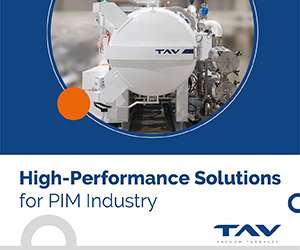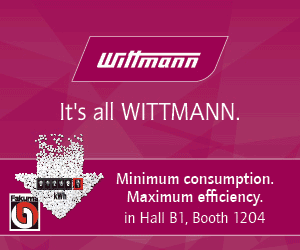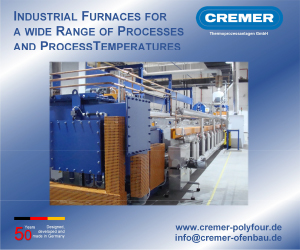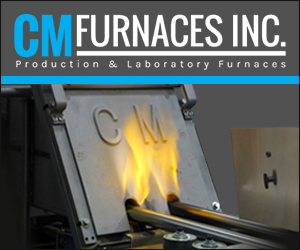Dynacast launches MIM production in Singapore and Chicago
June 5, 2014
Dynacast International, a leading global custom die caster of small size precision components with its headquarters in Charlotte, North Carolina, USA, announced its entry into the Metal Injection Moulding field in February last year using a new variant on the MIM process which is said to increase productivity whilst reducing variations and costs.
The company now reports that its two new MIM operations in Singapore and Chicago have been fully launched having a capacity for around $25 million of annual MIM revenue. According to Adrian Murphy, Executive Vice President and Chief Finance Officer, Dynacast made a capital investment of $6.6 million in establishing the MIM plants and whilst sales in 2013 were negligible, 2014 is seen as very positive with a number of MIM components already in production. The strong quote pipeline will bring in additional sales and opportunities, stated Murphy, and revenues of between $3 million and $5 million are expected in 2014.
Dynacast International’s result for the year ended December 31, 2013 showed net sales of $580.0 million, a $60.6 million, or 11.7%, increase from the previous year.
Dynacast uses a new variant on the MIM process which is said to eliminate injection moulding equipment and conventional tooling. The company modified its proprietary A2 die-casting machine to make it compatible with MIM feedstocks. In addition to the A2 machine itself, the new MIM platform makes use of the company’s multi-slide tooling. This tooling technology employs a set of sliders that converge in the die block to create the cores, cavity and runner system. Conventional MIM tools, by contrast, arrange the cores, cavities and runners within two opposing mould halves. The result, states Dynacast, is a decrease in cycle times and increase in productivity with improved part-to-part consistency and tighter tolerances. The debinding and sintering steps used at Dynacast are the same as for conventional MIM processing. The parts shrink at the same rate as other MIM parts and have a final density that typically exceeds 98%.




